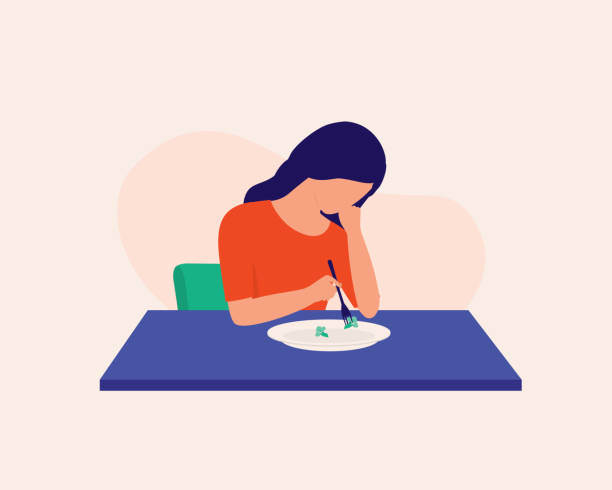Performance Sports and Body Image: The Dangers of Unhealthy Standards
Eating disorders can cause people to eat too little or too much, causing physical and mental health problems.
Performance sports such as gymnastics cheer and dance are all scored on your technique and also your appearance. These sports are generally female-dominated and are introduced to kids at a young age. These sports include costumes that are tight-fitting and show off your body. These sports cause kids to become aware of their bodies at a young age, possibly making them think badly about themselves because their costumes don’t fit them the way they’d like, and don’t feel comfortable. Along with doing these sports and having everyone’s eyes on you, it can lead to you thinking about your body and how it looks. These sports can lead to people having body dysmorphia which is a mental disorder that can cause them to become obsessed with their bodies. They imagine and see themselves differently than what others see. This disorder can lead people to see themselves as “bigger” than they are or see their bodies in a distorted way. This disorder can also lead to eating disorders such as anorexia which is an eating disorder that restricts food intake in the hope of weight loss, while bulimia is a disorder where you eat and after purge/ force yourself to throw up.
When doing a sport like cheer things can escalate a lot faster because in cheer you build and hold up the weight of a different person. When you start cheering they will go through trials to find who needs to be a base to help lift, who needs to be a flyer, and who is typically shorter and lighter than the rest so it is easier to stunt. When you’re young everyone wants to be on top and get to experience the feeling of flying but not everyone gets to experience it and it can affect kids negatively. The typical age that eating disorders start for dancers/cheerleaders is before they turn 12 years old. Having these issues leads to being put into therapy and/or eating disorder treatment centers.
This pressure is also put onto dancers because in dance styles like ballet, contemporary/lyrical, and jazz dances normally are performed in unitards or other tight-fitting clothes. For all these dances there is the ideal thin body type and this affects the whole performance and costume situation. For other bigger girls, it’s a struggle to dance when you have a costume that doesn’t fit how it’s supposed to, leading to wardrobe issues. In dance or cheer, if you cannot fit and adjust your costume while performing, “the show must go on” and it can be embarrassing especially if it’s something obvious that affects a performer’s confidence in later performances.
Eating disorders can significantly and negatively impact your health. Most eating disorders lead to a loss of muscle mass, your hair becomes brittle and will fall out along with your nails becoming weak, it can cause you to be very tired or not allow you to sleep and can lead to fainting. Eating disorders that restrict food can cause heart problems and once you stop feeding your body, it will start to take energy and feed off your muscles once it has used all the energy from the fat in your body. Other eating disorders such as bulimia nervosa can cause dehydration along with weak muscles. This can cause arrhythmia which is when someone has problems with the rate or rhythm of their heartbeat. Bulimia also messes with teeth enamel and can easily chip teeth because of how the acid from your stomach dissolves the enamel.
No matter what size the performer is they can feel insecure and start to think they aren’t as good because of how their body looks. These self-image issues can start at a young age and are hard to get over. When doing any sport you will start to become more healthy and your body may change and get more toned because of all the work you put in. When you stop giving your body the fuel it needs, you will stop seeing the changes and you will start to feel weak, and soon enough not have the strength to even participate in the sports you love. You can always seek help from counselors, teachers, friends, and family if suffering from body dysmorphia or an eating disorder.

I am Lexie Uc, and I am a Sophomore at Cam High! This is my first year in The Stinger. My favorite colors are pink and blue, and my favorite movie is Toy...

















































































![Senior Ditch Day... Relaxation or Truancy? [Video]](https://achsstinger.com/wp-content/uploads/2017/10/IMG_7119-900x599.jpg)
![Heavy Rain Hits Cam High [video]](https://achsstinger.com/wp-content/uploads/2017/02/maxresdefault-900x506.jpg)



